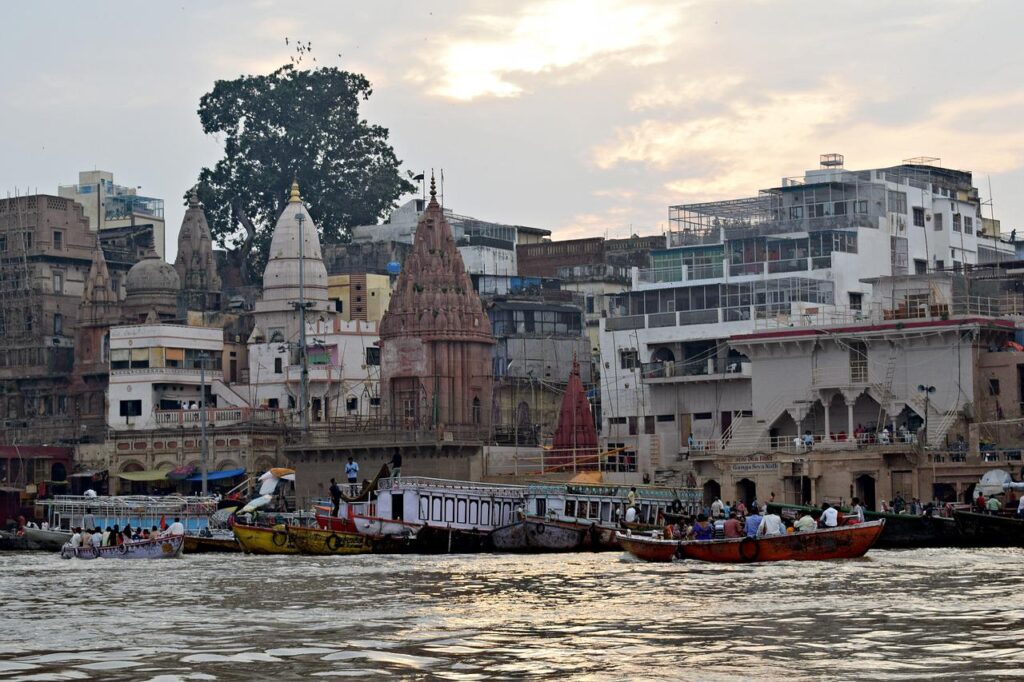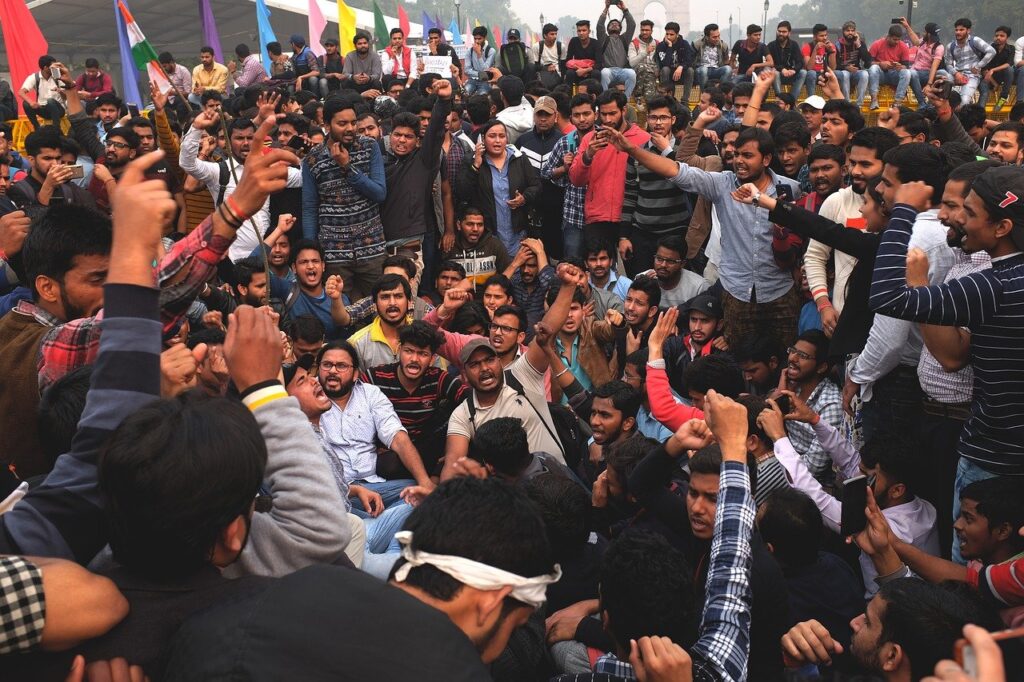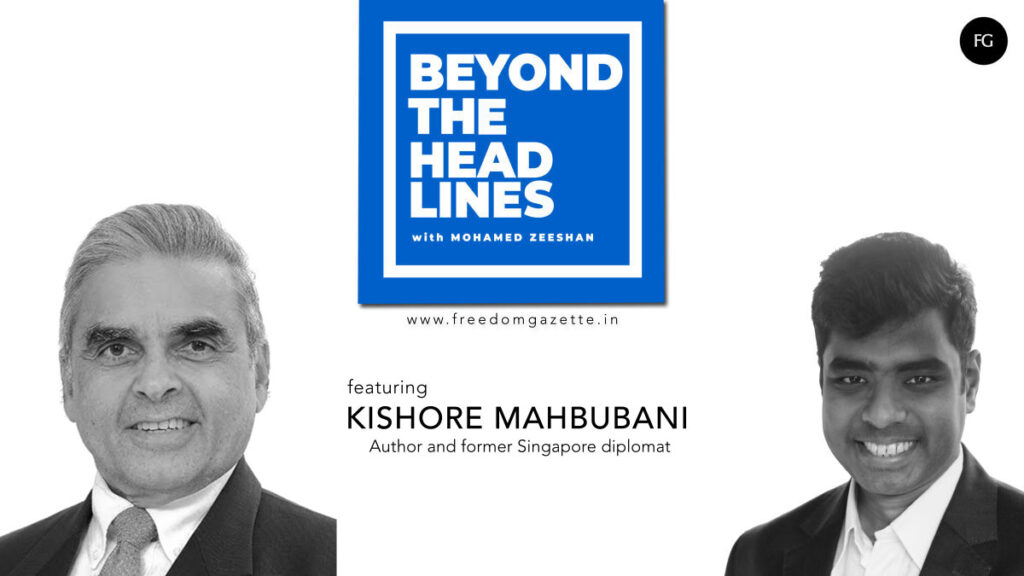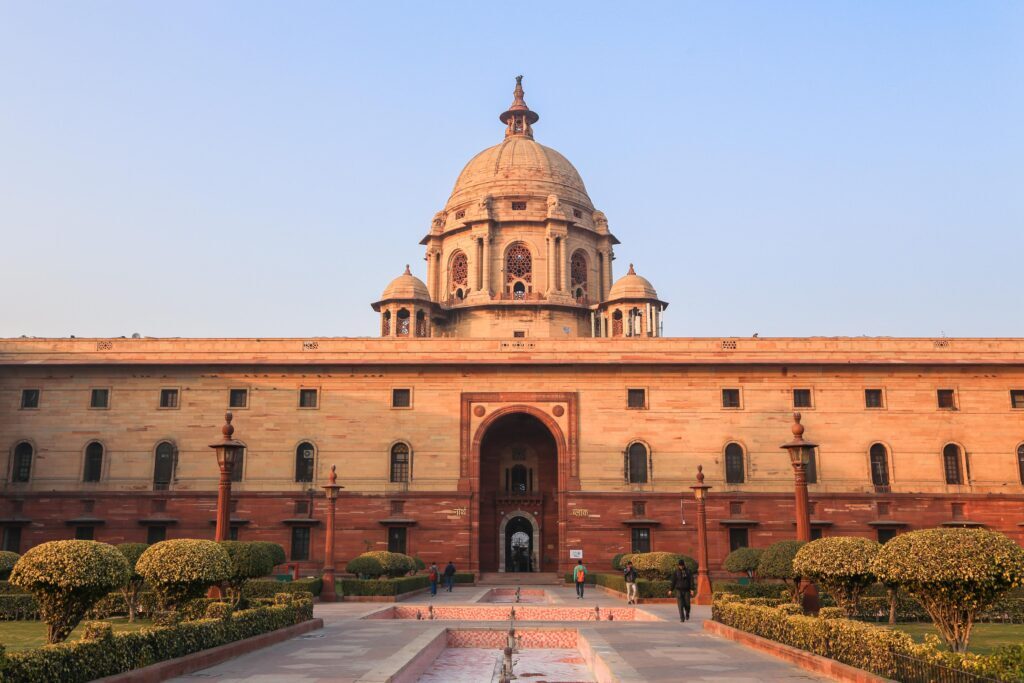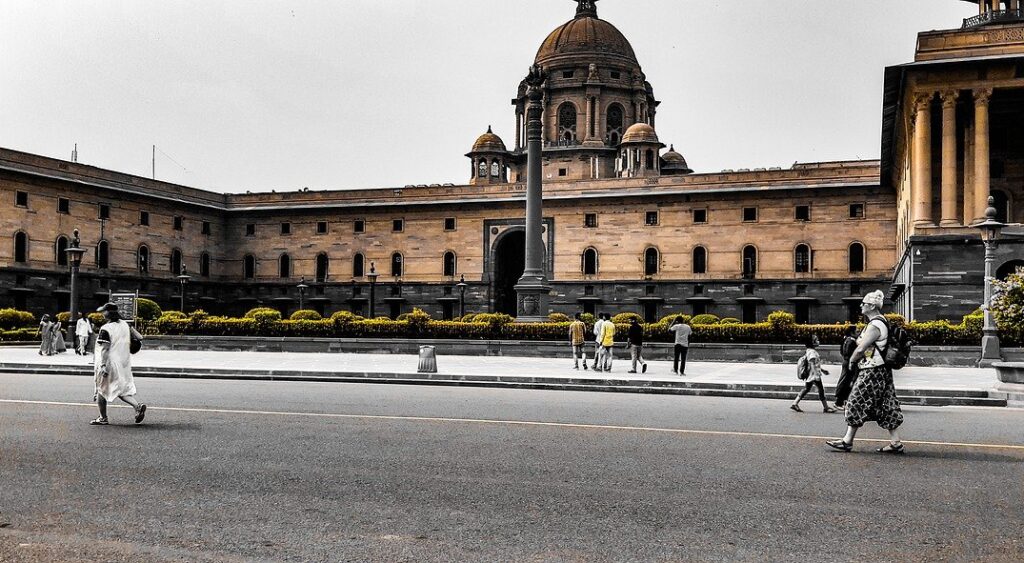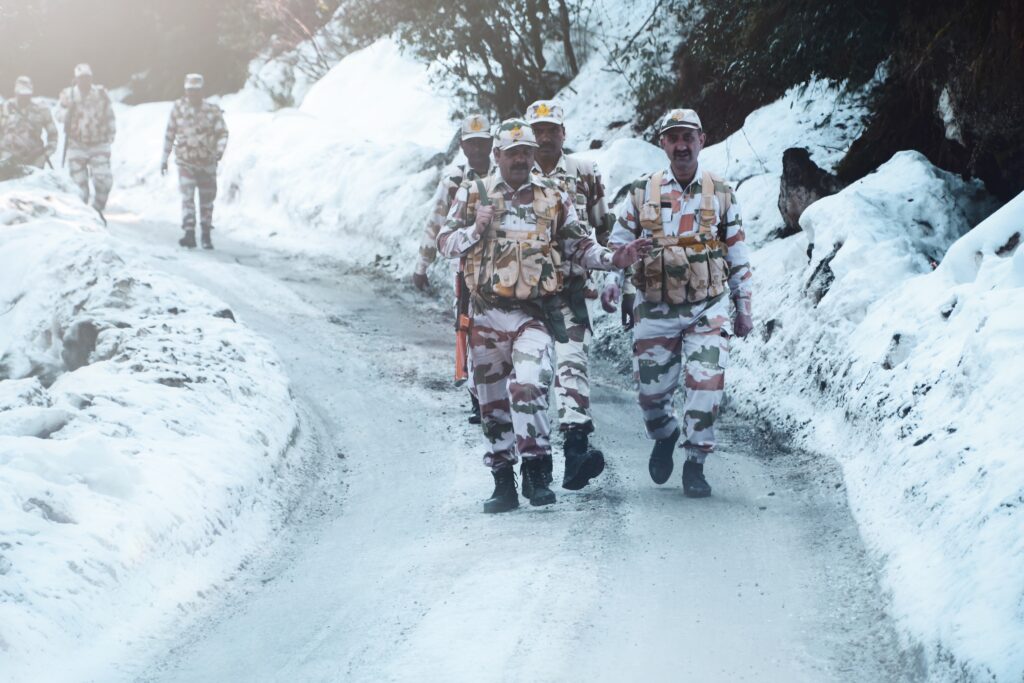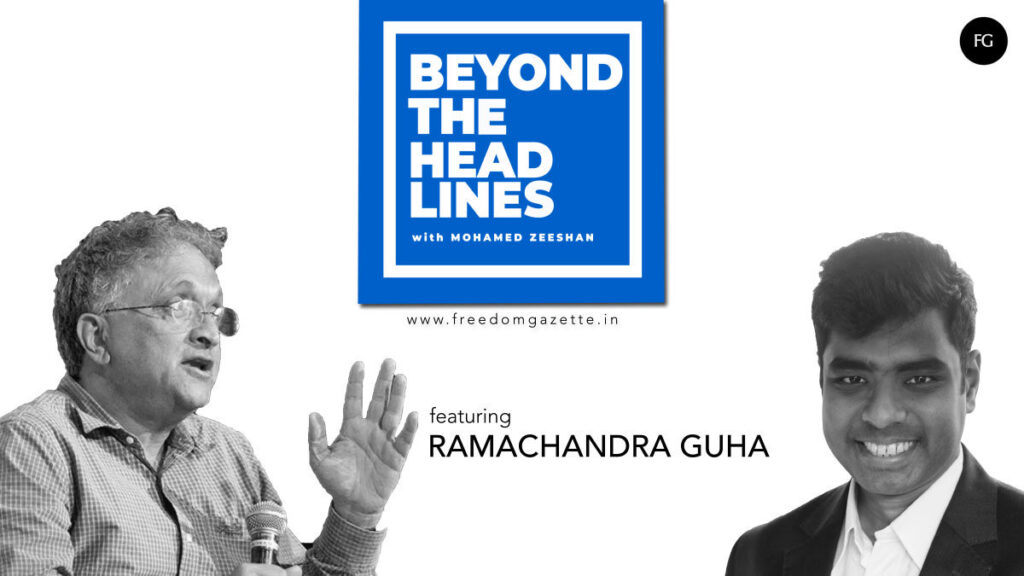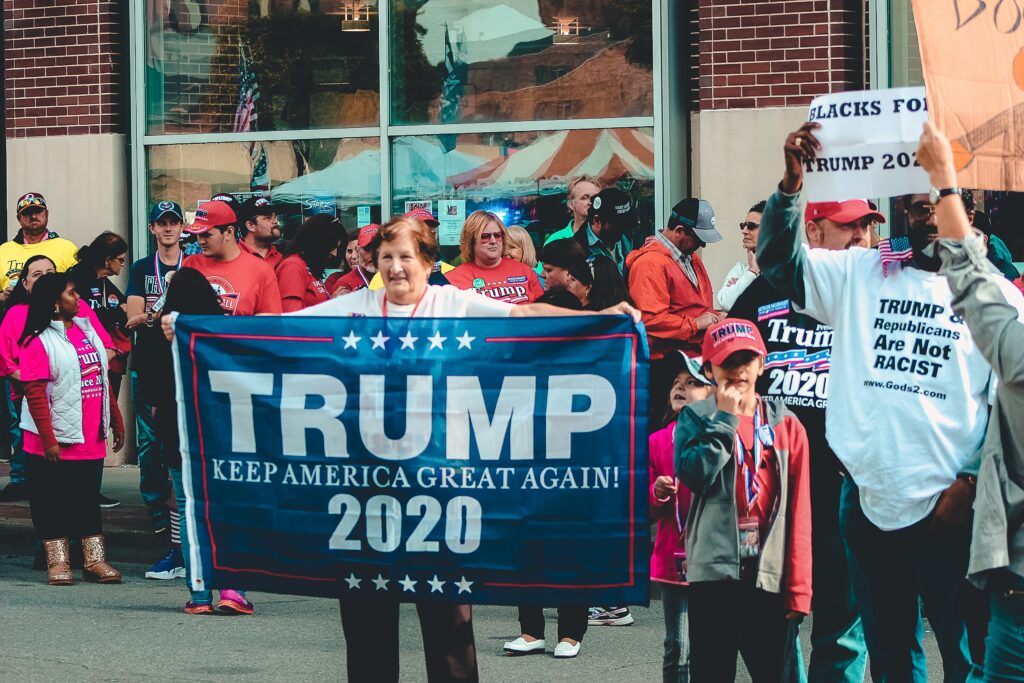All Opposition parties are trying to differentiate Hinduism from Hindutva in the hope of weaning Hindu voters away from Hindutva. But this narrative plays into the BJP's hands, demoralises Muslim voters and other suffering minorities, and limits space for new ideas that can counter Hindutva successfully.
Posts tagged as “Narendra Modi”
For years, linguistic passions sometimes transcended religion or caste as a priority for many. But linguistic identities struggled to win majorities at the Union level and eventually gave way to caste and religious politics. The focus must now be on clearly articulating what constitutes the Indian identity.
In this episode of Beyond the Headlines, Mohamed Zeeshan spoke with Kishore Mahbubani, former Singaporean ambassador to the United Nations. Mahbubani spoke about the role of the Quad, the new AUKUS deal, the ASEAN's fears and suspicions, India's strengths and opportunities, and much more.
The current wave of authoritarianism across the world contains a strong message: One cannot rely on good faith politics alone. Codification of conventions and strengthening the voice of the Opposition is of utmost importance for democracies. India desperately needs to reform its Parliament to make it better.
Centralisation might seem at first glance to improve efficiency. But that isn’t always the case. Centralisation of power by the Union government has undermined the fiscal and policy autonomy of states, and altogether weakened governance in India. The Opposition must fight to reverse the trend.
India's foreign policy outlook is visibly schizophrenic, stuck in a dilemma between militarism and moralism. While the 1998 nuclear tests were supposed to signal a newfound self-confidence, India has been unable to deter China. Today, India has no alternative to constant military modernisation.
In the inaugural episode of Beyond the Headlines, Editor-in-Chief Mohamed Zeeshan spoke to Ramachandra Guha, eminent historian and author. Guha spoke about Indian democracy, compared India to other democracies, and dwelt on the roles and responsibilities of historians in public discourse.
India must go much further than just survive this pandemic. A political culture of communalism and vengeance led to opaque governance and misplaced policy priorities. Many Indians voted for false communal pride, but as the pandemic hit, they found that they needed oxygen instead.
The working middle class in the West faced difficulties due to globalisation. But unlike in the West, the rise of right-wing populism in India does not have an economic rationale. Instead, it actively sabotages the economic openness which has worked well for India in the past.

